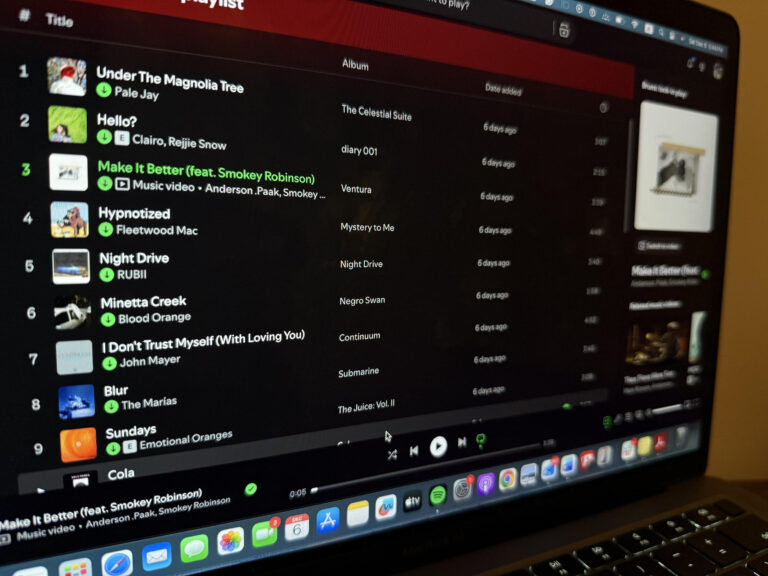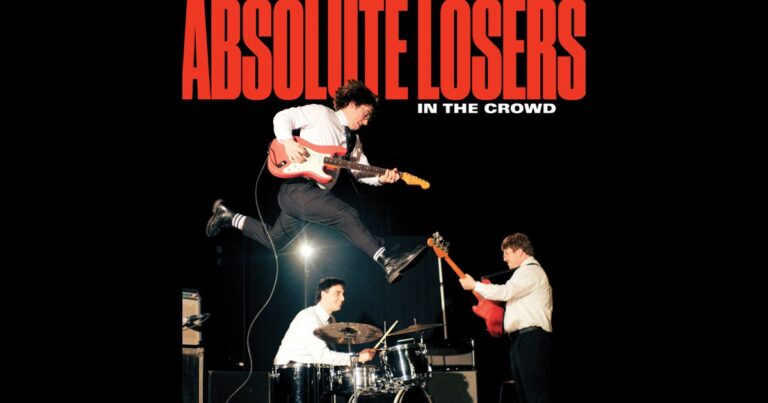Cover Photo Credit: Daniel S. Burton As increased AI use compromises the integrity of various professions, editors from The Baron, The Aquinian, and The Brunswickan begin to discuss the implications of AI on student journalism. Major AI fiascos have already transpired in the professional world. NPR recently reported that Sports Illustrated allegedly used AI tools …
The Effects of AI in Journalism: Perspectives from New Brunswick’s Student Publications

Cover Photo Credit: Daniel S. Burton
As increased AI use compromises the integrity of various professions, editors from The Baron, The Aquinian, and The Brunswickan begin to discuss the implications of AI on student journalism.
Major AI fiascos have already transpired in the professional world. NPR recently reported that Sports Illustrated allegedly used AI tools to generate both articles and authors themselves. With major publications supplementing accurate research with AI tools, fears of AI dependency bleeding into journalism are on the rise.
Kylie Mackenzie, the editor-in-chief of The Baron, UNB Saint John’s student newspaper, reported AI writing is already trying to work its way into student journalism:
“[The Baron has] unfortunately had submissions from volunteer writers that clearly used AI.”
Despite the popular belief that people can use AI tools in their work without being detected, Mackenzie said:
“It is relatively easy to spot in writing … from blatant misinformation to the misuse of common phrases, it is easy to detect.”
Mackenzie introduced concerns that pertained specifically to AI use in student journalism.
Traditionally, student journalism has been an avenue for students to write about current political and social issues from within the school community.
Mackenzie emphasized the importance of amplifying student voices:
“Student journalism needs to be written by real students about real student concerns … There is no room or need for artificial input.”
She cautioned that otherwise, the depersonalization of student journalism could lead to the eventual silencing of student perspectives and advocacy:
“Student journalism must remain an authentic and reliable source of information for students or else our voices will never be heard.”
Suzanne Shah, the Features Editor at The Aquinian, St. Thomas University’s student publication, highlighted that the additional pressures student journalists face to develop new skills and meet deadlines makes them particularly susceptible to AI use. She worries that many students will give-in to the temptation to use AI and hinder their progress in the field of journalism. Shah explained that student journalists are actively “learning how to find their voice,” and developing a dependence on AI during this transitional period is especially damaging to their long-term development as writers.
Daniel Burton, The Brunswickan’s news editor, agreed, claiming that:
“By using AI, you’re effectively neutering your ability to think.”
Bailey Young, the sports editor at The Brunswickan and a previous employee at The Baron, admitted that a reporter was terminated at The Baron due to frequent AI use.
Both Burton and Young expressed concerns that AI will remove the principles of storytelling and research from journalism.
Young explained that,
“With AI, there [is] no aspect of storytelling … It’s a robot.”
Burton elaborated that one of the most important components of journalism is:
“Getting out and talking to people. Every article should have an interview.”
Burton and Young affirm that while AI can pull information from pre-existing sources, it cannot replace journalists who collect first-hand information and perspectives.
That said, it is unlikely that AI is going to disappear. Emmanuel Joseph, The Brunswickan’s editor-in-chief, acknowledges that the pervasiveness of AI likely means that:
“There will be a time when [generative AI] is [widely] used in journalism.”
But Joseph hopes that “[AI] won’t [silence] the voice of the common man.”
Keep in touch with our news & offers
Subscribe to Our Newsletter
Thank you for subscribing to the newsletter.
Oops. Something went wrong. Please try again later.






